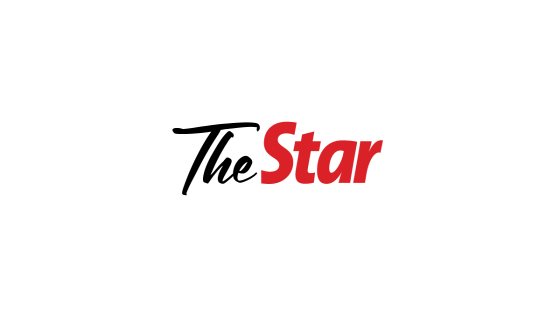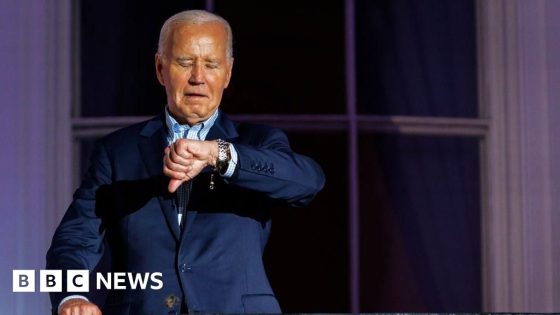LUBUMBASHI, DEMOCRATIC REPUBLIC OF CONGO (Reuters) – A U.S. congressional watchdog has found no evidence that a 2012 Securities and Exchange Commission (SEC) conflict minerals disclosure rule has reduced violence in Democratic Republic of Congo, it said in a report on Monday.
Armed groups continue to fight for control of gold mines in the east of the Central African country, the U.S. Government Accountability Office (GAO) said in its report.
It also said the rule – which requires some companies to report on their use of tantalum, tin, tungsten and gold – has likely had no effect in neighbouring countries.
“GAO found no empirical evidence that the rule has decreased the occurrence or level of violence in the eastern DRC, where many mines and armed groups are located,” the report said.
“GAO also found the rule was associated with a spread of violence, particularly around informal, small-scale gold mining sites,” it said, adding that gold is the most difficult to trace, and easiest to smuggle, of the four minerals covered by the rule.
Congo is the world’s top producer of tantalum, which is considered a critical mineral by the United States and the European Union.
The report added that “the SEC disagreed with some of GAO’s findings and raised concerns about some of its methodology and analyses.” The GAO said it made certain adjustments that did not materially affect its findings.
The SEC did not immediately reply to a request for comment.
Last year, GAO said that some U.S. companies buying minerals from Congo and its neighbours were failing to meet disclosure requirements.
On Sept. 30, Bintou Keita, head of the U.N. mission in Congo, told the U.N. Security Council that M23 rebels in the east are generating $300,000 per month in revenues in a coltan-mining region they seized earlier this year.
(Reporting by Yassin Kombi; Additional reporting by Sonia Rolley; Writing by Portia Crowe; Editing by Aurora Ellis)
Source Agencies




